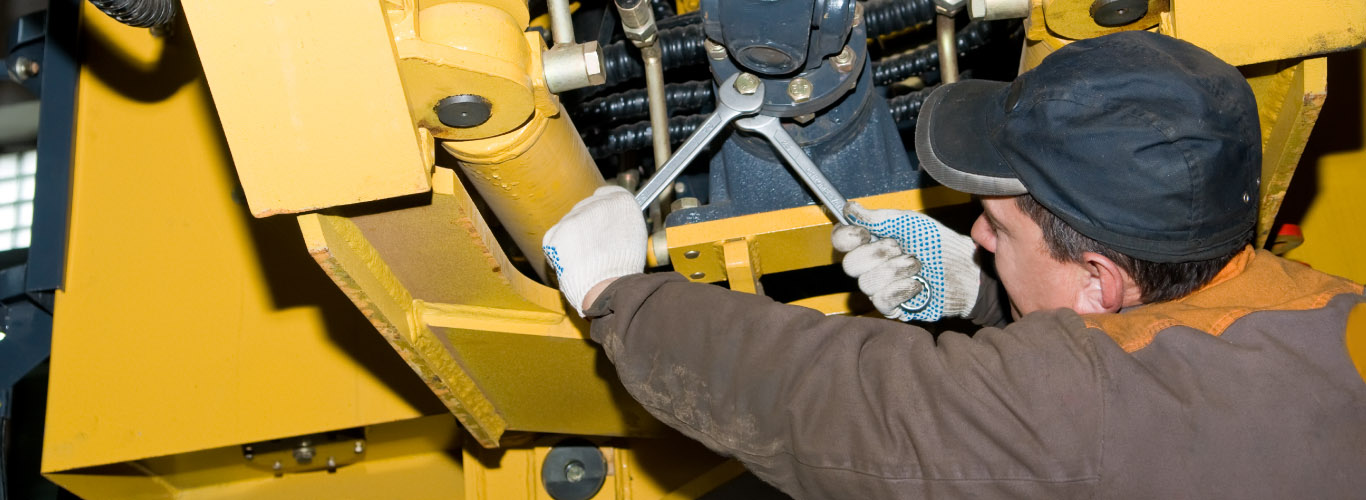Extend Engine Life with these Clean Fuel Tips
The last thing your fuel system needs is contaminants. When dirt and dust build up in the system, they can actually reduce engine life by up to 50%. Contaminants are the leading cause of fuel system problems, being the culprit for over 85% of system failures. In other words, it's vital that you keep your machine's fuel and fuel system clean or it can potentially lead to very large, costly problems down the road.
Where damage can occur
Dirt and dust can accelerate component wear and damage wherever quick sliding movements are important. Although small, these contaminant particles can create more friction and interfere with proper movement in the engine. Parts like inner and outer valves, nozzle needles and seats, command piston sliding portions, and the injector barrel and plunger on the control valves are especially vulnerable to damage caused by dirt and dust.
How dirt and dust can enter the fuel system
Dirt, dust, and other contaminants can enter your machine's fuel system in several ways. Dirt is often introduced through dirty tank spouts, dispensing funnels, or when you remove a dirty fuel cap. However, contamination can occur long before you go to fill up your tank. Gasoline and diesel fuel travel a long way before they enter your machine's tank. During this journey of transportation, transferring, and storage, there is ample opportunity for dirt to get mixed up with the fuel.
How to prevent dirt and dust from entering the fuel system
Although it is possible for contaminants to enter fuel before it gets to you, there are still some best practices you can follow to prevent dirt and dust from entering on your end. First off, it's important to properly maintain all your fueling equipment. When you refuel your equipment always be sure to replace the nozzle on the pump, never let it dangle where it will pick up dirt and dust.
Next, if you are operating in a dirty and dusty environment (like most construction machines), you can help prevent dust from entering the system by making sure the vent tube and fuel tank caps are tightly sealed. Dirt and dust can also enter your engine while it's being serviced. To avoid this, try to always change filters, refuel, or make any type of engine repair indoors, if possible.
The last thing you can do is always change filters at the manufacturer's recommended interval. If you leave filters on too long, they will become clogged and will not be able to effectively prevent dirt from circulating through your engine. Carefully follow the instructions provided in your equipment operator's manual when changing both the main filters and the prefuel filters, so that dust does not enter the fuel system during this process. Always check seals to detect possible leaks.
Stop water from entering the system
Dirt and dust aren't your only enemies when it comes to your fuel system. The other thing that you want to keep out of your fuel at all costs is water. Water can enter your fuel by various routes, but the most common is condensation. In less than full tanks, warm, moist air condenses on the cooler, inside wall of the tank. Before long, droplets of water mix with the fuel, causing the deterioration of the gasoline or diesel and hurting machine performance.
To avoid this, you should fill up the fuel tank at the end of each day. Also, before beginning to operate your equipment the next day, drain the water and sediment that has accumulated at the bottom of the tank. Similarly, about ten minutes after refueling, water and sediment should be drained from the fuel tank.

